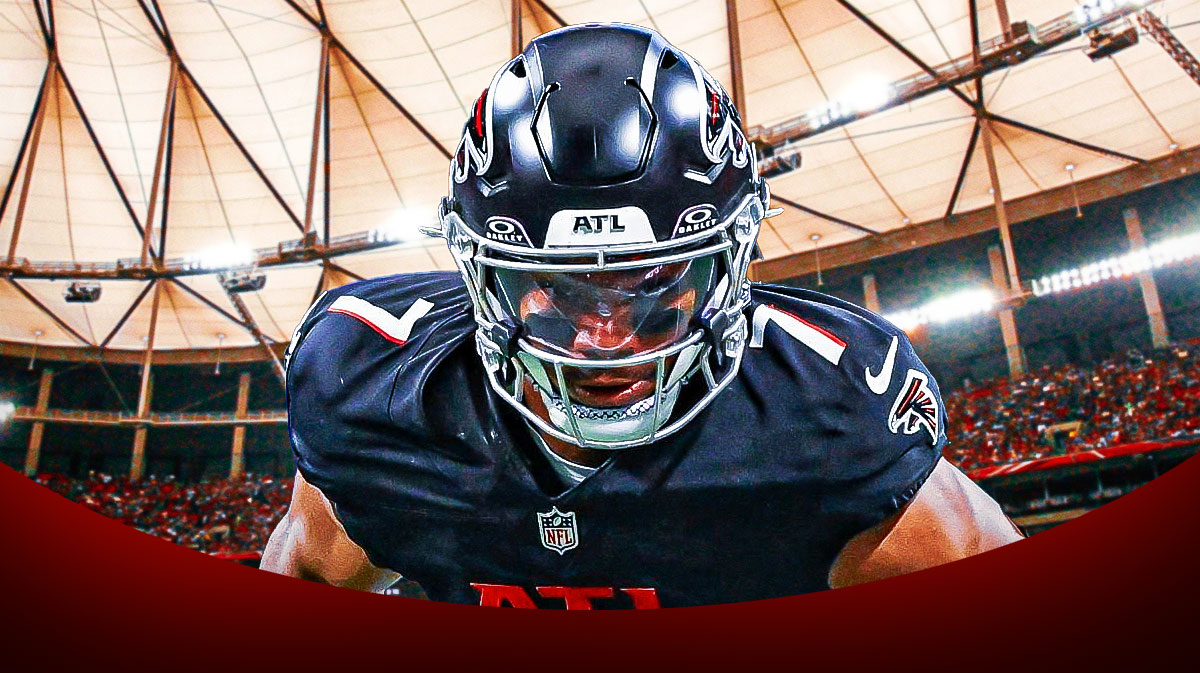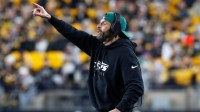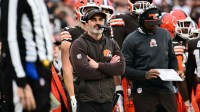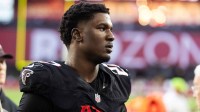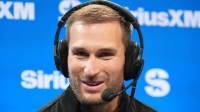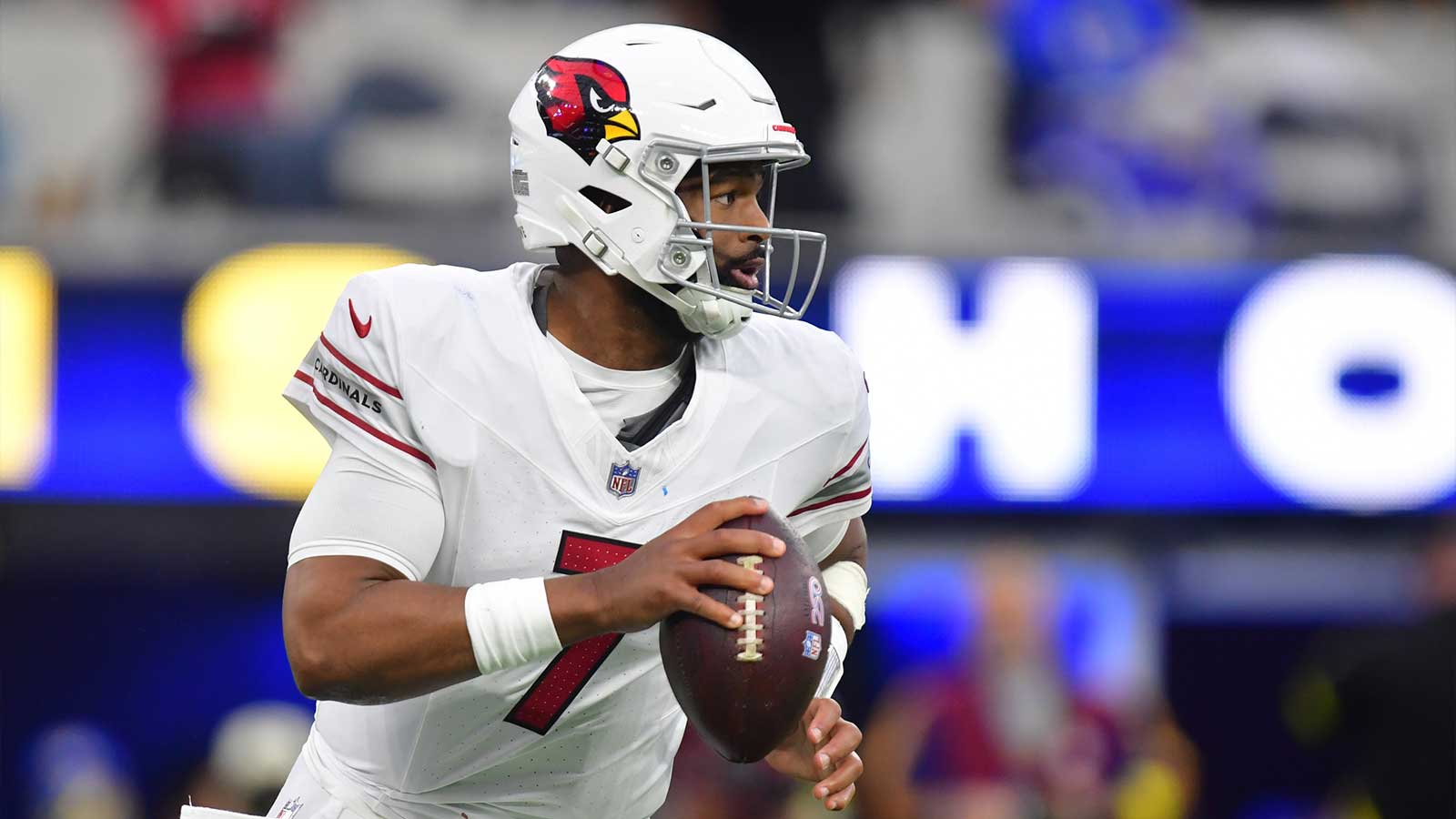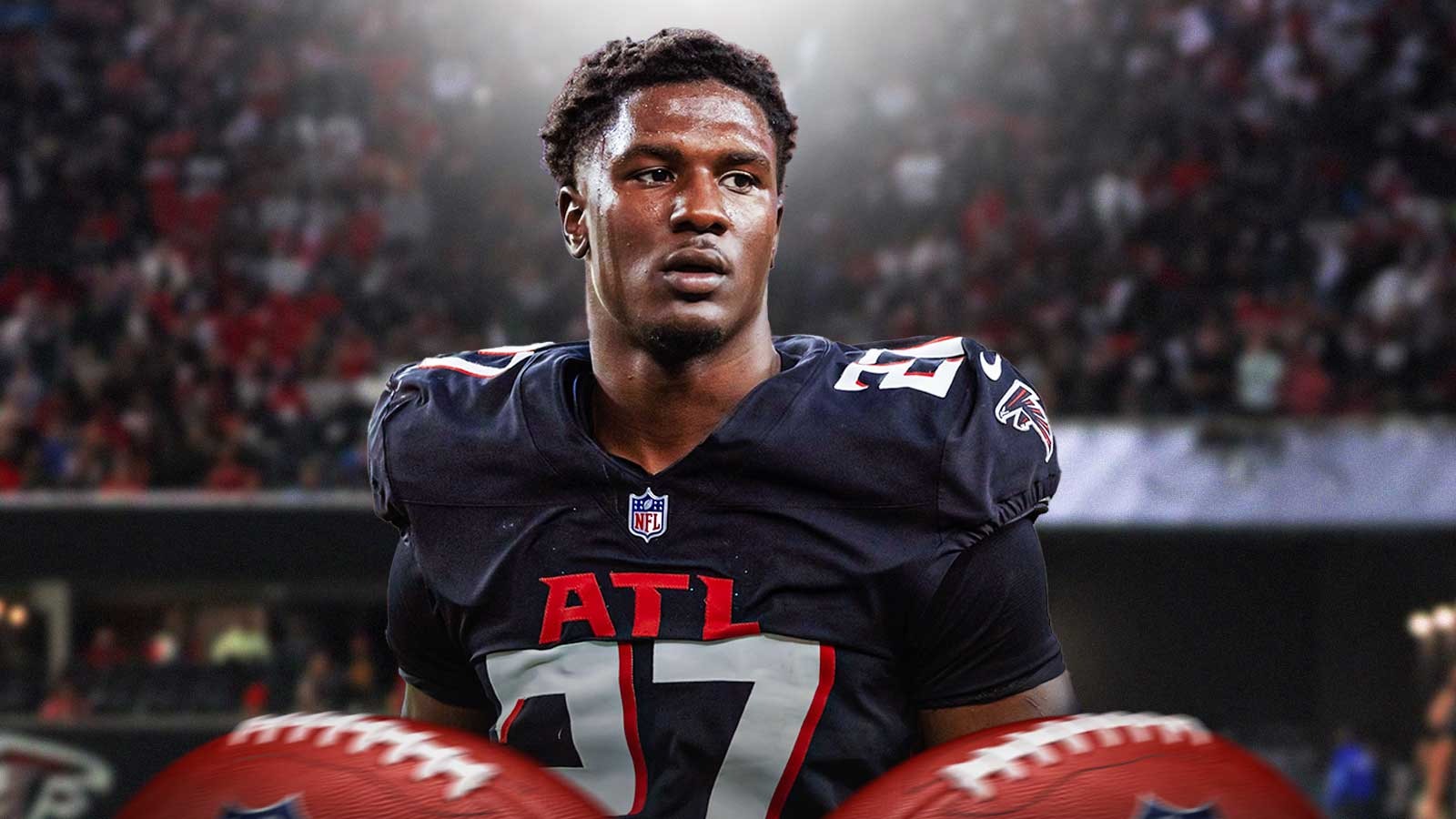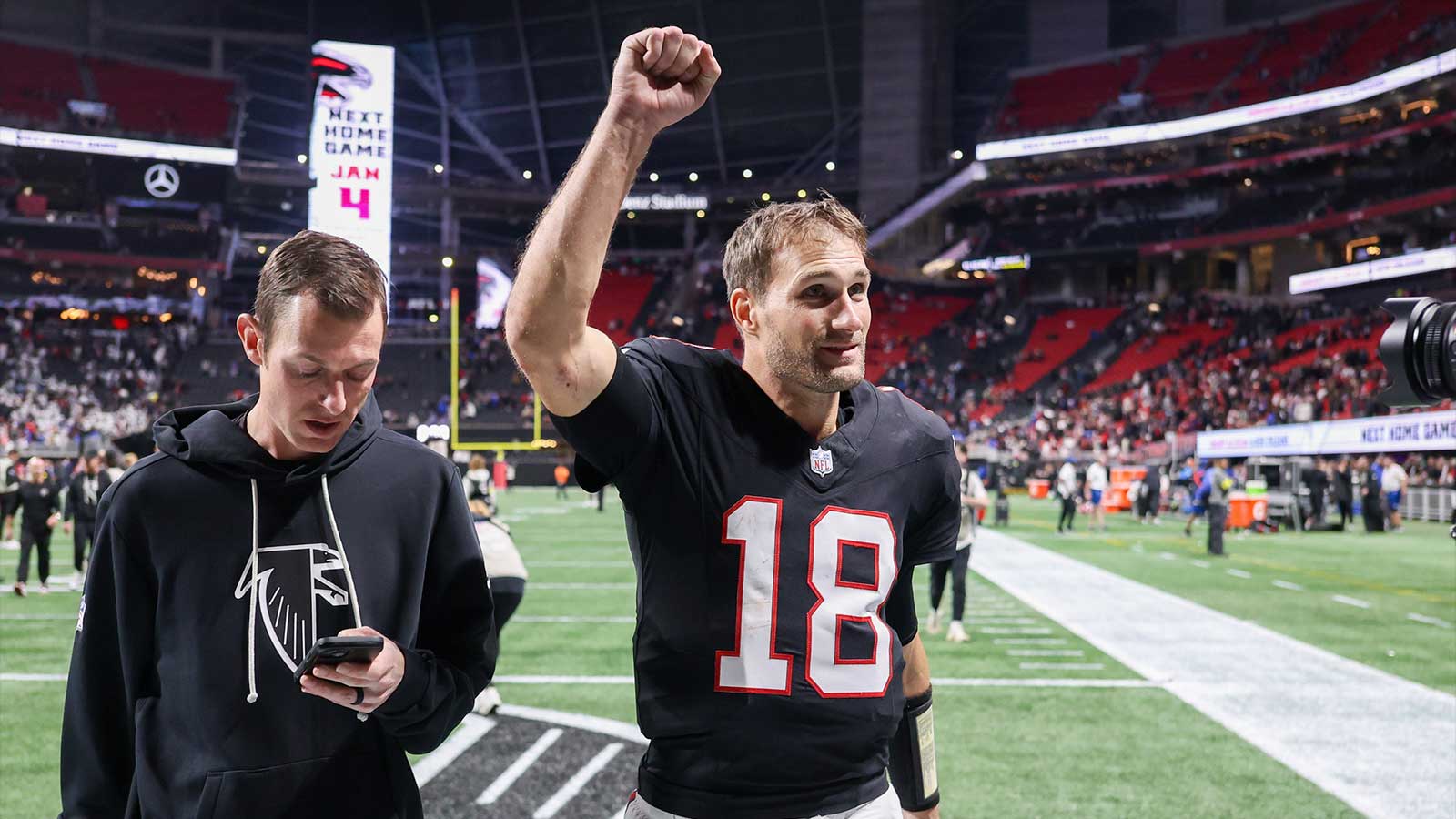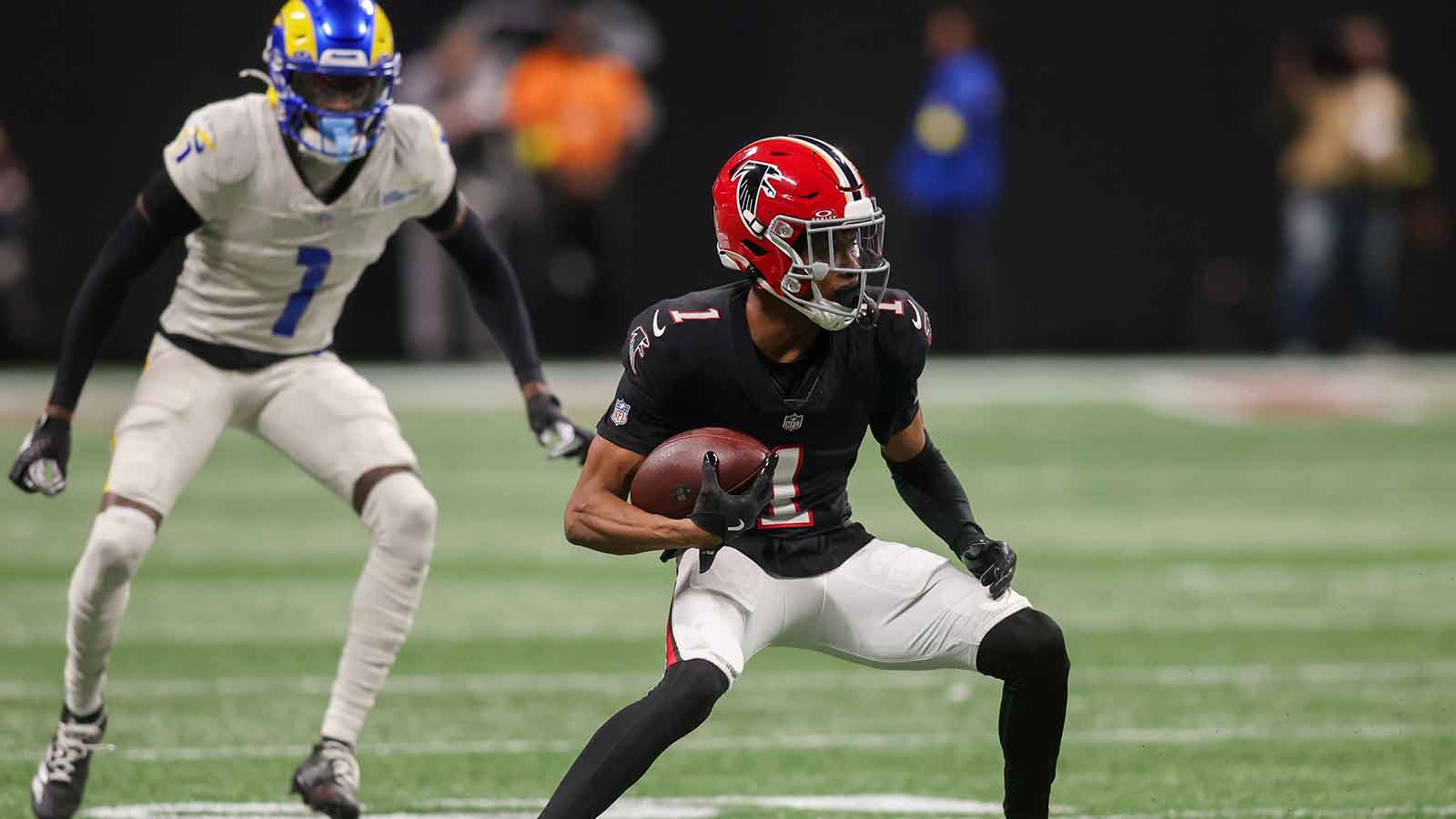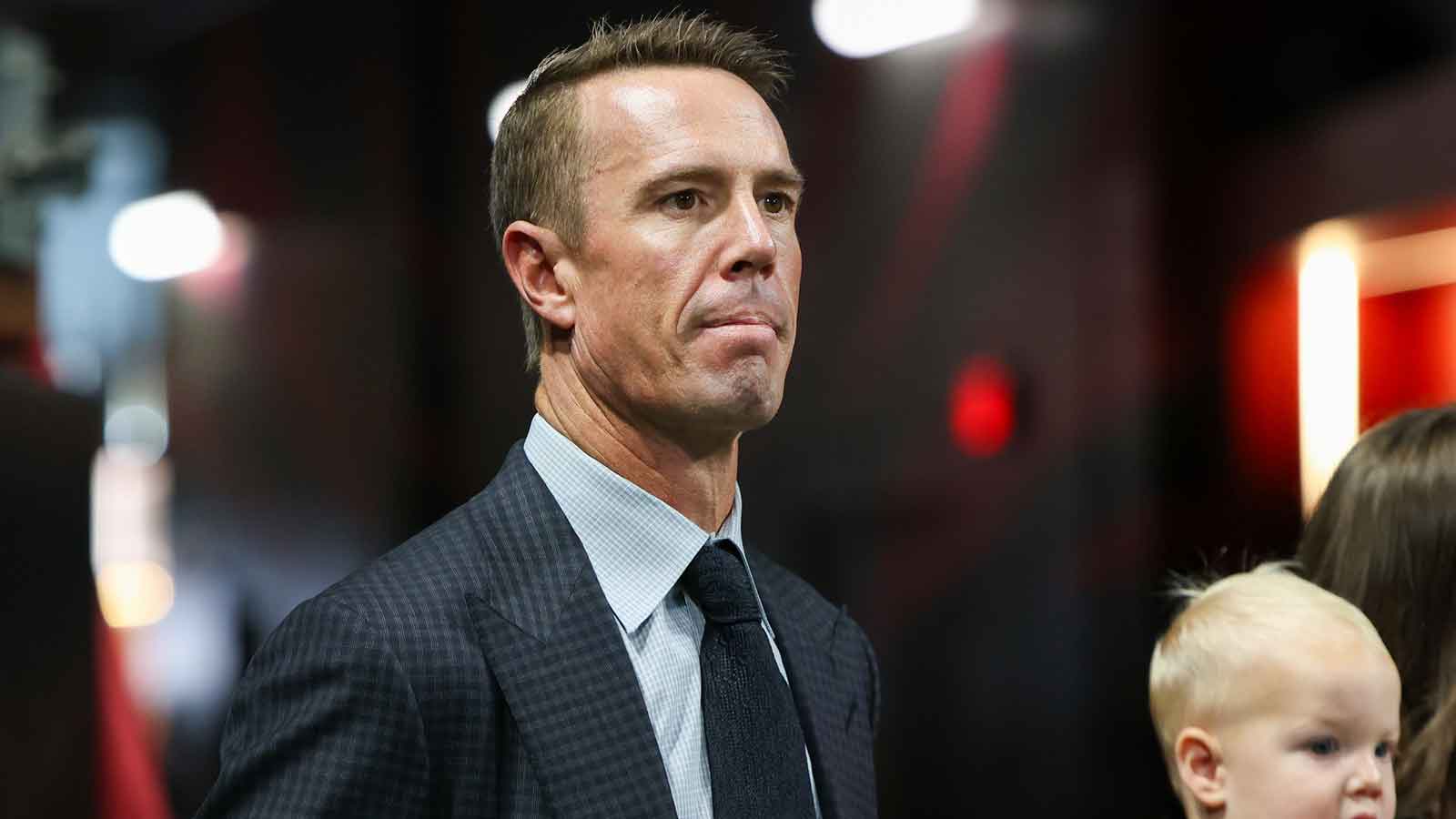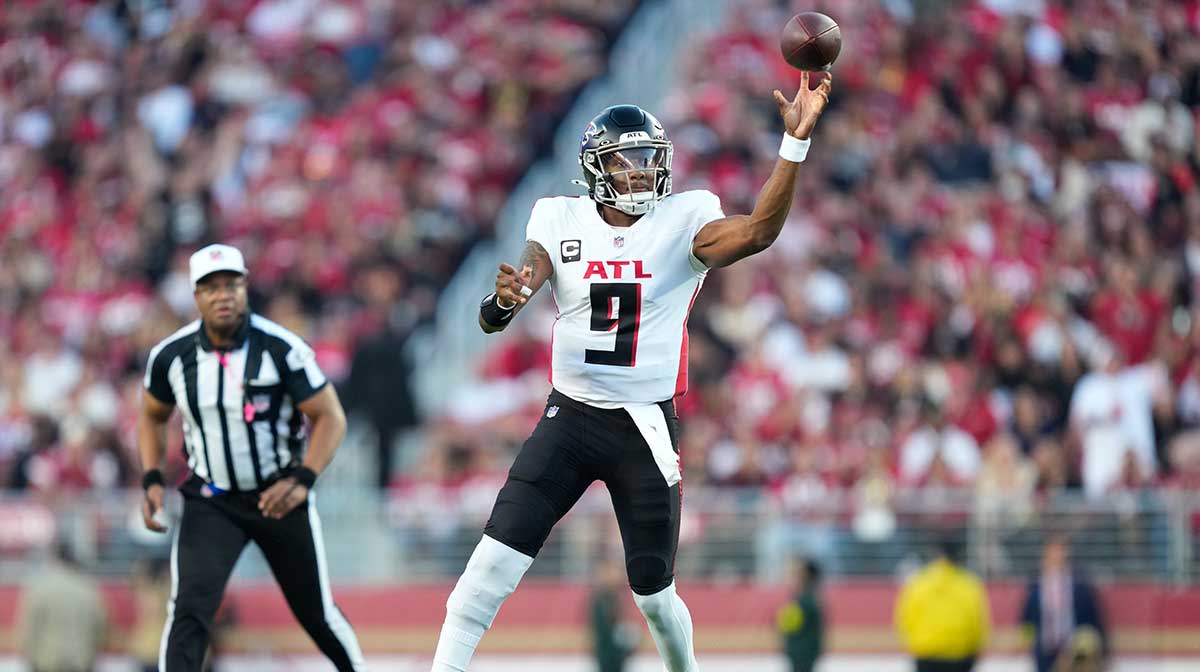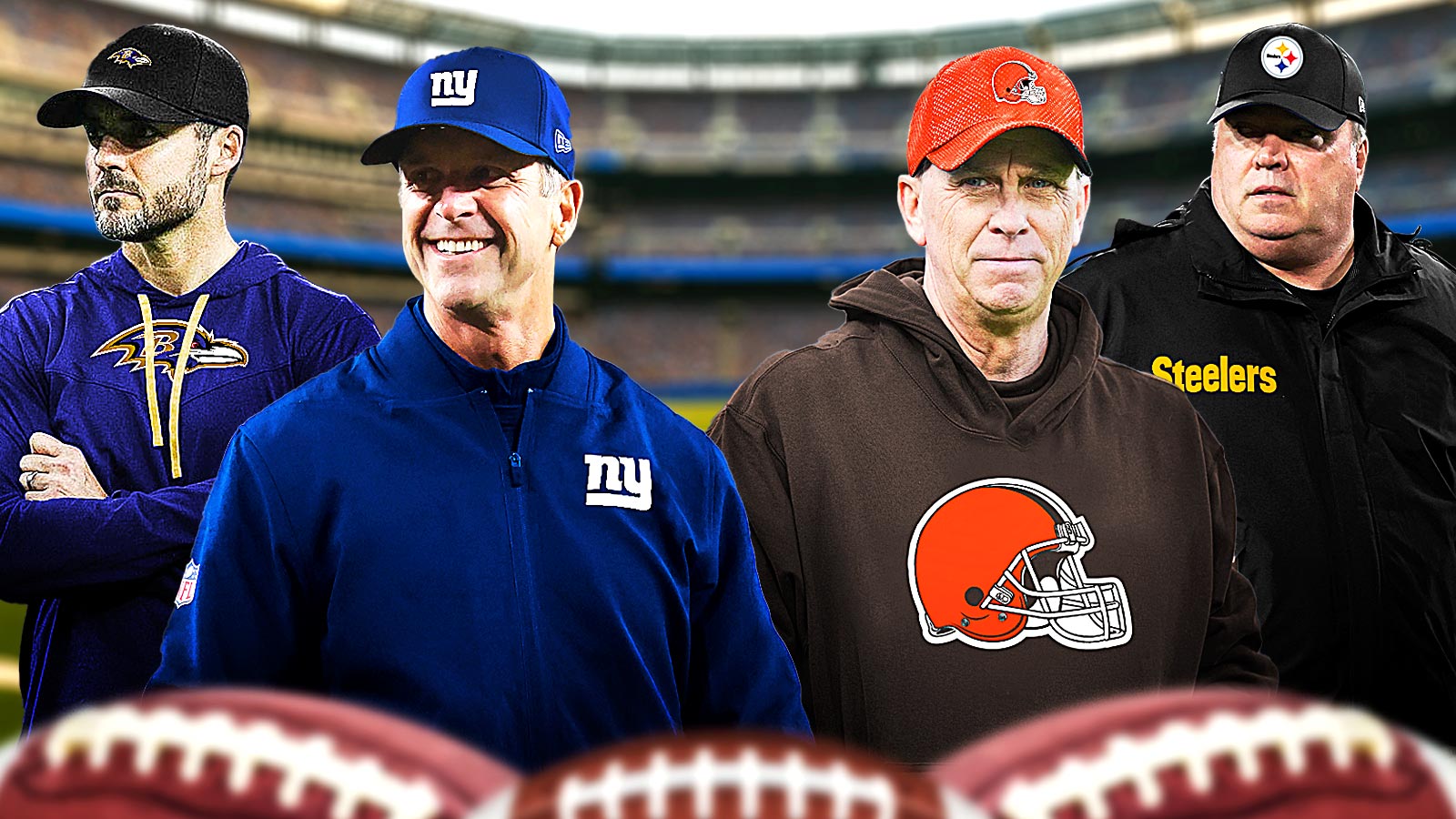The Atlanta Falcons enter Sunday night's primetime showdown against the San Francisco 49ers riding a wave of momentum, having defeated two consecutive conference finalists in the Washington Commanders and Buffalo Bills. At 3-2, Atlanta finds itself in a position to capitalize on a severely undermined 49ers defense that has been gutted by devastating injuries to two of their most critical defensive anchors.
As the Falcons prepare for their trip to Santa Clara, one matchup stands above all others as the key to victory: unleashing running back Bijan Robinson against a 49ers defense that has been left vulnerable without All-Pro linebacker Fred Warner and elite pass rusher Nick Bosa. Robinson, who currently leads the NFL with 822 scrimmage yards despite playing just five games, presents a nightmare scenario for a San Francisco defense that has already shown significant cracks in recent weeks.
Bijan Robinson's dual-threat ability vs. a depleted 49ers defense

The most significant matchup the Falcons must exploit centers on Robinson's versatility against a 49ers defense that has lost its two most important playmakers. Warner, a four-time All-Pro linebacker who served as the defensive captain and signal-caller, suffered a season-ending dislocated and broken ankle in Week 6. His absence compounds the loss of Nick Bosa, who tore his ACL in Week 3, leaving San Francisco's defense without its best pass rusher for the remainder of the season.
Robinson's historic start to the 2025 campaign makes him the perfect weapon to attack these vulnerabilities. With 484 rushing yards and 338 receiving yards through five games, Robinson joins Hall of Famer Thurman Thomas as the only players in NFL history to record at least 450 rushing yards and 300 receiving yards in their first five games of a season. His 238-yard performance against Buffalo in Week 6, which included an 81-yard touchdown run and six receptions for 68 yards, demonstrated exactly how the Falcons can dismantle opposing defenses by utilizing Robinson in multiple facets.
The 49ers' struggles without their defensive cornerstones have been glaring. In the three games Bosa played before his injury, San Francisco allowed no more than 307 yards per game and just 16.3 points on average. However, in the three games following his injury, they surrendered at least 325 yards each game with an alarming average of 26.3 points allowed. The impact extends beyond the stat sheet—in their first game without Bosa, the 49ers failed to record a single sack or quarterback hit for the first time since 2015, finishing with a pressure rate of just 28 percent compared to 45.5 percent before his departure.
Without Warner orchestrating the defense from his linebacker position, the 49ers lack the veteran leadership and instinctive playmaking that made them one of the league's most formidable units. Warner led the franchise in tackles and forced fumbles before his injury, missing just one of 133 possible games since entering the league in 2018. His absence leaves a void that no single player can fill, particularly against a dynamic offensive weapon like Robinson who excels both as a rusher and receiver out of the backfield.
Attacking the 49ers' compromised front seven in the run game
The Falcons rank sixth in the NFL with 136.5 rushing yards per game, and Robinson's 5.8 yards per carry average has been the driving force behind that success. Against a 49ers defense that invested heavily in run-stopping defenders during the 2025 draft but has seen those investments fail to materialize, Atlanta should establish the ground game early and often.
San Francisco's defensive line depth has proven problematic throughout the season. First-round pick Mykel Williams has been a disappointment, earning a PFF grade of just 45.9 against the run and ranking 162nd out of 167 edge defenders with at least 126 snaps. Second-round pick Alfred Collins has fared even worse, receiving one of the lowest ratings among all 49ers defenders. The youth and inexperience across the defensive front creates massive opportunities for Robinson to exploit gaps and break off explosive runs similar to his 81-yard touchdown scamper against Buffalo.
The Falcons' offensive line, ranked 14th by Pro Football Focus entering Week 6, has performed admirably in creating rushing lanes despite losing starting right tackle Kaleb McGary to a season-ending knee injury. Guard Chris Lindstrom's 75.1 PFF pass-blocking grade ranks tied for 10th among guards, providing stability and consistency that should open up running opportunities against a San Francisco front seven that has struggled to maintain gap integrity.
Atlanta's ability to pound the rock with Robinson will also set up play-action opportunities and keep the 49ers' defense honest. The Falcons average 9.0 yards per play on the first drive of games—best in the NFL—and have gone three-and-out on just 12 percent of their drives since the 2024 season, also league-best. Establishing Robinson early will maintain those efficiency numbers and prevent San Francisco from pinning their ears back in obvious passing situations.
Exploiting coverage mismatches with Robinson as a receiver
Perhaps the most dangerous element Robinson brings to this matchup is his ability as a receiving threat. His 338 receiving yards rank second on the Falcons behind only wide receiver Drake London's 427 yards, and his 14.1 yards per reception average demonstrates his ability to create explosive plays in space. The 49ers, already reeling from the loss of Warner's coverage abilities, will struggle to match up with Robinson when he motions out of the backfield or splits wide.
Highlight of the day
Michael Penix Jr. finds Bijan Robinson for a 50 yard TD pass: pic.twitter.com/rgyaFTu6O5
— Alex S (@AlexS24_7) October 15, 2025
Warner's absence creates a significant coverage problem for San Francisco's defense. As the defensive captain and signal-caller, Warner was responsible for adjusting coverages, diagnosing offensive formations, and executing his assignment with precision. Without him, the 49ers must rely on less experienced linebackers like Dee Winters and Luke Gifford, neither of whom possess Warner's instincts, range, or ability to cover dynamic pass-catching running backs.
The Falcons should attack these coverage deficiencies by getting Robinson involved in the passing game on screens, wheel routes, and checkdowns. Robinson's 69-yard catch-and-run against the Commanders in Week 4 showcased his ability to turn short receptions into explosive gains when defenders miss tackles or lose leverage. Against a 49ers defense that has allowed 214.3 passing yards per game—18th in the league—and lacks its defensive anchor, Robinson could feast on mismatches in the intermediate and deep passing game.
Quarterback Michael Penix has already demonstrated his willingness to target Robinson heavily in the passing attack, connecting with him six times for 68 yards against Buffalo despite London hauling in 10 receptions for 158 yards in the same game. The Falcons' offensive scheme, which throws the ball just 5 percent of the time on plays under center—lowest in the NFL—creates favorable situations for Robinson to motion into space and attack vulnerable coverage defenders.
With the 49ers' defense in disarray following the losses of Warner and Bosa, the Falcons possess the perfect weapon in Bijan Robinson to exploit every weakness San Francisco presents. Whether pounding the rock between the tackles, breaking off explosive runs around the edge, or creating mismatches in the passing game, Robinson represents Atlanta's clearest path to victory in this primetime matchup. If the Falcons commit to featuring their All-Pro caliber running back early and often, they should leave Santa Clara with their third consecutive victory and a statement win against a wounded opponent desperate to salvage their season.

